By Rev. Dr. Raphael A. Idialu, MNIM
Presented for the Stott-Bediako Forum
Here, Rev. Raphael Idialu presents a paper and short presentation for the Stott-Bediako Forum on Peace Building and Conflict Transformation from a Lens of Postcolonialism and Indigenous Christianity.
Colonialism is like a leitmotif in the annals and experiences of some nations of the world, especially the ones from the Global South. Most of these nations experienced colonisation by some nations from the west starting from the 19th century, and Nigeria is a prime example of this. Colonialism affects almost everything about a people – their worldviews, cultures, and perspectives to life. It brings about amalgamation of diverse cultures that should not be merged in the first place. This has resulted in conflicts of unimaginable measures whose effects are still felt in the 21st century. The effects of colonialism in Nigeria should only be imagined, but sadly it is a reality. This paper adopted narrative and descriptive research methods in order to depict the opinions represented in literature by scholars. A lot of work has been done in this area of the effects of colonialism, but how koinonia can be a tool to mitigate the far-reaching effects of colonialism in Nigeria is an attempt that should be explored. The main findings of this work reveal that colonialism encouraged and intensified tribalism, ethnicity and class struggle in Nigeria. They also show that colonialism was an economic, social and religious weapon which was used by the British to subjugate and alter the Nigerian pre-colonial social structure and communal living, and thereby affecting their way of mutual living. As koinonia is basically fellowship, it is hoped that a proper and unbiased application of it by society, the Church, and other religious bodies will foster a peaceful coexistence among the various ethnic diversities in Nigeria.
You can watch Rev. Idialu’s presentation here and read the full paper below.
View presentation:
Koinonia in terms of community looks out for those factors that engender cohesion in community; such factors as respect for differences in ideologies, tastes, and perspectives. Koinonia seek for the wellbeing of the other person. So in doing this, oppressive and segregating tendencies are eschewed. This is what koinonia does in the lives of people that live in a community.
Raphael Idialu

Go to the next page for the full article
The views and opinions expressed in this piece are those of the author and do not necessarily reflect an official position of INFEMIT. We seek to foster reflection through conversation, and ask you to be respectful and constructive in your comments.
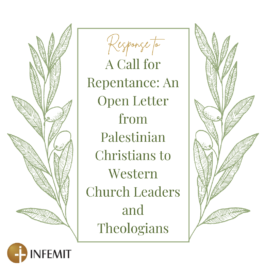
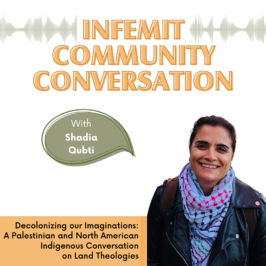
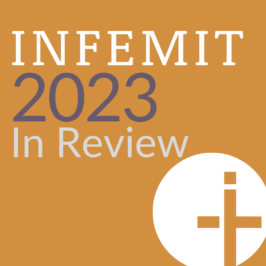
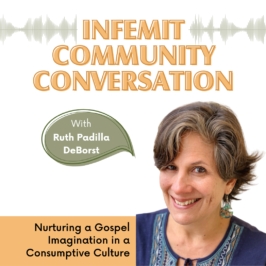

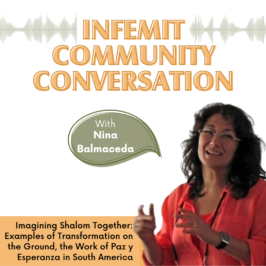
Leave a Reply